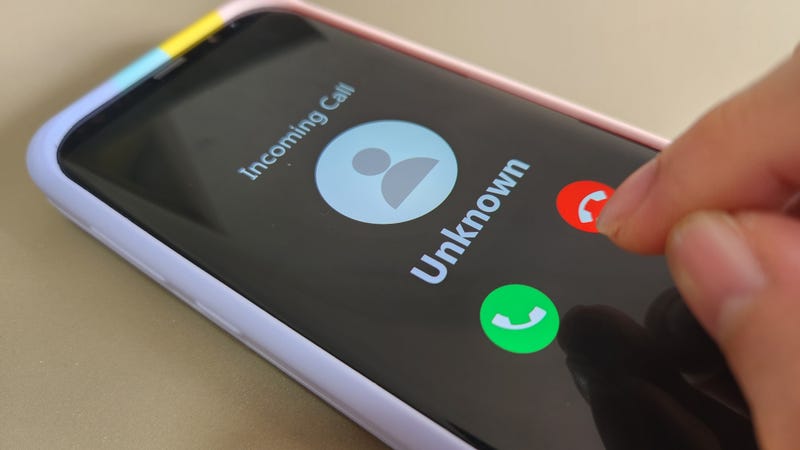
Last month, several New Hampshire residents received strange calls.
“It’s important that you save your vote for the November election,” said a familiar voice. “Your vote makes a difference in November, not this Tuesday.”
Americans are no stranger to robocalls. In fact, according to the Federal Communications Commission, U.S. consumers receive approximately 4 billion robocalls every month. These were different.
They played a message in what appeared to be an AI-generated voice clone of President Joe Biden, said a press release issued this week from the office of New Hampshire Attorney General John M. Formella. That voice told voters not to vote in the Jan. 23 New Hampshire primary.
“Ensuring public confidence in the electoral process is vital. AI-generated recordings used to deceive voters have the potential to have devastating effects on the democratic election process,” said Formella.
In addition to the AI version of Biden’s voice, the calls spoofed caller ID information so that it appeared that calls came from a number belonging to a former New Hampshire Democratic Party Chair.
Per the press release, the attorney general’s office immediately launched an investigation into the calls, along with partners that included the Anti-Robocall Multistate Litigation Task Force. Together, they determined that the calls came from a Texas-based entity called Life Corporation and an individual named Walter Monk.
Once they identified specific calls, authorities were able to request ‘tracebacks’ through the Industry Traceback Group, which led them to Life Corporation, Monk. Tracebacks also revealed that the originating voice service provider for many of these calls to be Texas-based Lingo Telecom. After Lingo Telecom was informed that these calls were being investigated, Lingo Telecom suspended services to Life Corporation.
This Tuesday, the Election Law Unit issued a “cease-and-desist order to Life Corporation for violating RSA 659:40, III, which prohibits any person from engaging in voter suppression by knowingly attempting to prevent or deter another person from voting or registering to vote based on fraudulent, deceptive, misleading, or spurious grounds or information,” said the attorney general’s office. It also said the unit issued document preservation notices and subpoenas for records to Life Corporation and to multiple other entities, including Lingo Telecom.
Another cease-and-desist letter against Lingo was also issued Tuesday by the FCC. According to the press release, Lingo allegedly “originated robocall traffic using AI-generated voice cloning to spread misinformation to voters prior to New Hampshire’s primary election. The letter demands the company immediately stop supporting illegal robocall traffic on its networks.”
Other measures to stop robocall traffic are also underway, said the release.
“The Attorney General is continuing to investigate potential election law violations, consumer protection act violations, and telephone consumer protection act violations, while still determining the total number of robocalls made,” it said. “The call monitoring service, Nomorobo, estimates between 5,000 and 25,000 calls were made. The Election Law Unit is also aware of media reports that the recorded message was likely made using software from ElevenLabs. At this time, the Unit is continuing to investigate and cannot confirm whether that reporting is accurate.”
